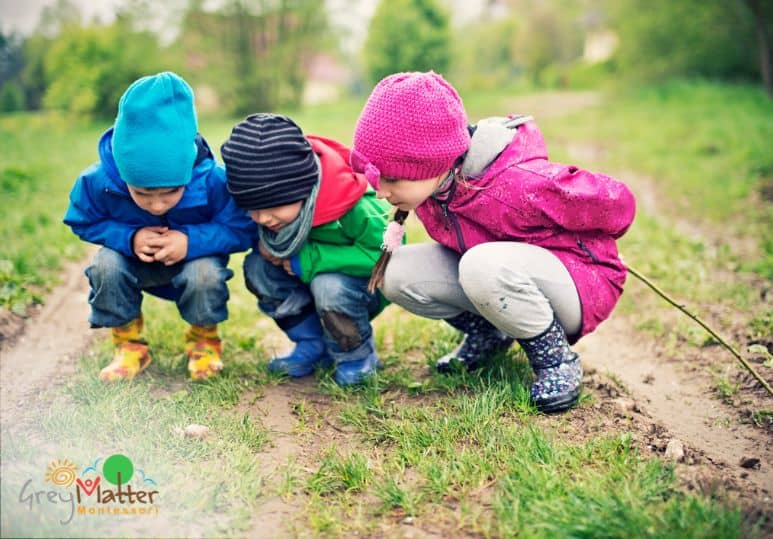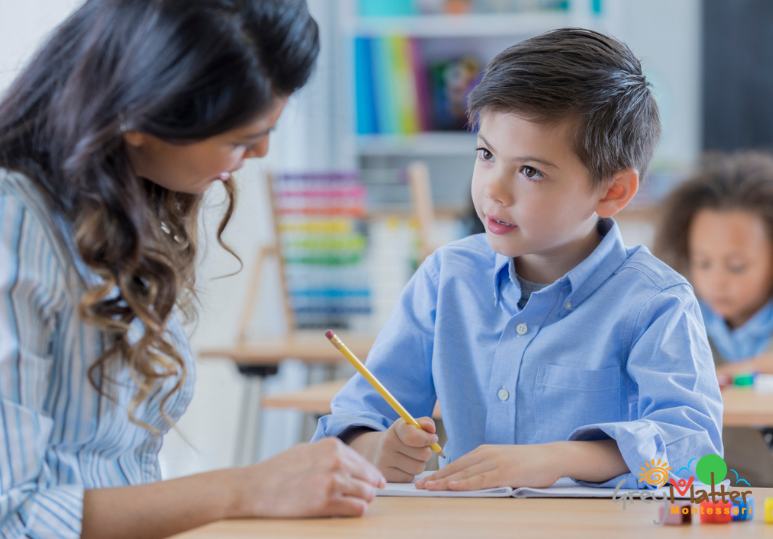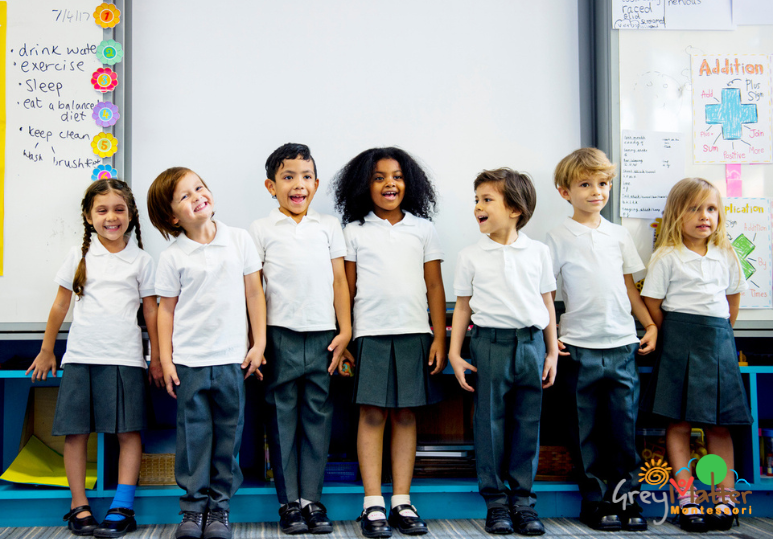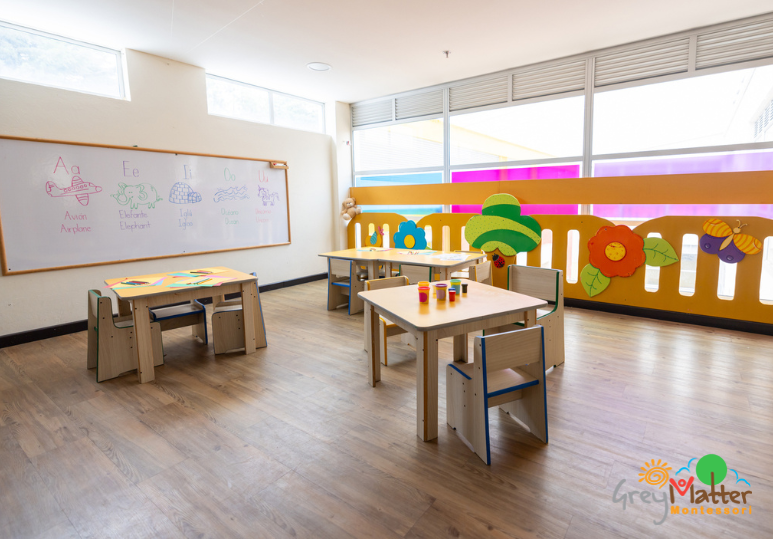As young learners embark on their educational journey, curiosity becomes their guiding light. In the Montessori preschool curriculum, this curiosity is not only embraced but actively nurtured through a plethora of sensorial activities. These activities engage the senses, encouraging exploration, observation, and cognitive development. This blog delves into the enchanting world of Montessori sensorial activities and their profound impact on preschoolers' growth and learning.
Senses as Windows to Learning
In the Montessori approach, the senses are considered the gateway to understanding the world. Sensorial activities capitalize on this innate curiosity by offering children opportunities to explore their environment through touch, sight, sound, taste, and smell. From feeling different textures to identifying varying scents, these activities lay the foundation for sensory perception and cognitive development. As children engage with materials that stimulate their senses, they not only develop a heightened awareness of their surroundings but also refine their ability to differentiate between various attributes.
Refining Discrimination and Classification Skills
Sensorial activities in Montessori classrooms are meticulously designed to encourage the development of discrimination and classification skills. Through tasks like matching objects by size, shape, color, or texture, children learn to differentiate and categorize information. These activities not only prepare them for mathematical concepts later on but also enhance their ability to make nuanced observations and thoughtful decisions. The hands-on nature of sensorial materials engages multiple senses, reinforcing the learning experience and fostering a deeper understanding of abstract concepts.
Building a Solid Foundation for Future Learning
Montessori sensorial activities go beyond immediate sensory exploration; they lay the groundwork for future academic success. The skills developed through these activities—such as observing, comparing, contrasting, and problem-solving—create a strong foundation for more complex subjects. The ability to discern patterns, order, and relationships serves as a springboard for mathematical and scientific thinking. Additionally, the refinement of senses contributes to the development of fine motor skills, concentration, and attention to detail, all of which are essential for effective learning across various domains.
In the realm of Montessori education, sensorial activities serve as powerful tools to nurture the natural curiosity of preschoolers. By engaging the senses, these activities encourage children to explore and understand the world around them. Through the refinement of sensory perception, discrimination skills, and foundational learning abilities, preschoolers embark on a journey that prepares them for a lifetime of learning. The enchanting Montessori sensorial activities not only cultivate a deep connection between children and their environment but also lay the stepping stones for intellectual growth and academic excellence. As educators and parents, embracing the magic of sensorial exploration paves the way for a future filled with wonder, discovery, and meaningful learning experiences.
FAQ :
Q: Why are sensorial activities so important in the Montessori preschool curriculum?
A: Sensorial activities are pivotal in Montessori education as they harness a child's natural curiosity and tap into their senses to foster holistic learning. These activities promote sensory perception, discrimination, and cognitive development, laying a solid foundation for future learning across various subjects.
Q: How do Montessori sensorial activities benefit a child's overall development?
A: Montessori sensorial activities offer a range of benefits. They enhance sensory perception, improve fine motor skills, and develop critical thinking abilities. By engaging multiple senses, children not only explore their environment but also refine their ability to observe, compare, and make thoughtful decisions.
Q: Are Montessori sensorial activities suitable for children with different learning styles or needs?
A: Yes, Montessori sensorial activities are designed to accommodate diverse learning styles and needs. The hands-on nature of these activities caters to kinesthetic learners, while the visual and tactile engagement benefits various learners. Furthermore, educators often adapt activities to cater to children with different abilities, ensuring an inclusive and enriching learning experience.






